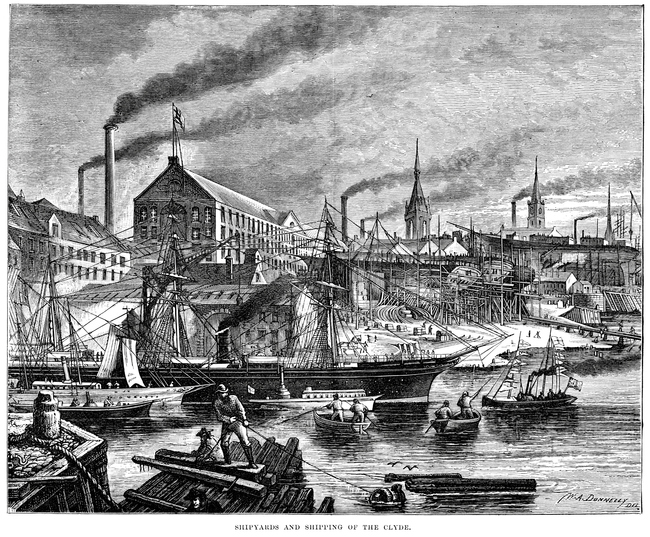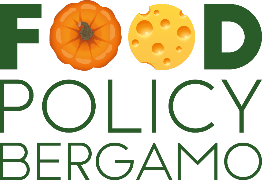What is a Food Policy
Food Policy is a government support tool for the sustainability of a city and its territory starting with its food system. Through the interaction between the plurality of actors inside and outside the administration, the Food Policy builds the conditions so that all projects, plans, programmes and initiatives that directly or indirectly concern food refer to a single reference framework. But let us take a step back.
Cities have often been considered marginal players in the food system, at least until recently. The roots of this disconnect lie in the second industrial revolution and a misinterpretation of food as an exclusively rural issue. Starting in the early decades of the 20th century, the advent of industrialisation processes and the development of logistical infrastructures designed to globalise trade led to a gradual disintegration of the historical link between cities and the surrounding countryside as places of direct food production.

What awaits us in 2050?
These phenomena have meant that food, after having shaped and moulded the form and substance of cities for centuries, has ‘disappeared’ from urban considerations, depriving it of its role as a strategic element to which proper attention should be paid with dedicated policies and governance tools. However, in recent decades, also due to high urbanisation processes, the issue of food supply in cities is receiving renewed attention. Today, more than half of the world’s population lives in urban settlements and, according to UN projections, this percentage is set to rise. By 2050, two out of three people will live in urban settlements, and it is expected that 80 per cent of food will be consumed in cities.

Local food systems
These transformations have highlighted a number of growing critical issues for food security and overall sustainability, including: rising rates of obesity, malnutrition and other forms of food poverty; environmental deterioration and loss of biodiversity; resource scarcity and climate change; unsustainable production and consumption patterns; rural-urban divide and rural depopulation; food loss and waste; impoverishment in terms of food culture and identity, etc. In order to respond to the environmental, social and economic challenges posed by modern food systems, particularly in the urban context, local administrators have thus begun to understand the innovative scope of thinking about local food systems. Thus, urban food policies, also called Urban Food Policy, came into being, i.e. integrated policies in which food issues are considered from a systemic and organic perspective in order to influence the ways in which people in the city produce, buy, consume and dispose of food.

A wide-ranging strategy
The Food Policy makes it possible to respond to the critical issues highlighted in a unified manner, channelling existing actors and projects into a wide-ranging, cross-sectoral and inter-institutional strategy that affects all the dimensions of food (education, environment, culture, economy, health, social justice, land governance planning, international cooperation, research and tourism) in order to find common and shared solutions to the many urban challenges (poverty, health and social protection, hygiene and sanitation, land-use planning, transport and trade, energy, education, waste management, etc.). It requires an integration of the work of thematic directorates, municipal public corporations and urban actors, acting simultaneously in strong synergy with local, provincial, regional and European authorities. Cities therefore play a strategic role in the development of more sustainable, equitable, climate-friendly, safe, diverse, resilient, inclusive food systems that provide healthy and affordable food for all. Similarly, such food systems, if well planned and managed, can be a powerful entry point for ensuring the sustainable development of cities and fostering more sustainable, inclusive and welcoming urban environments. In Italy, the processes related to urban food planning are still very diverse and there are still few examples of institutionalisation through the approval of a deliberate act defining guidelines and scope of action of such policies (Milan 2015, Trento 2019, Livorno 2019, Aosta 2021, Cremona 2021, Rome 2021). However, more and more cities are recognising the need, but also the opportunity, for integrated planning of local food systems.

